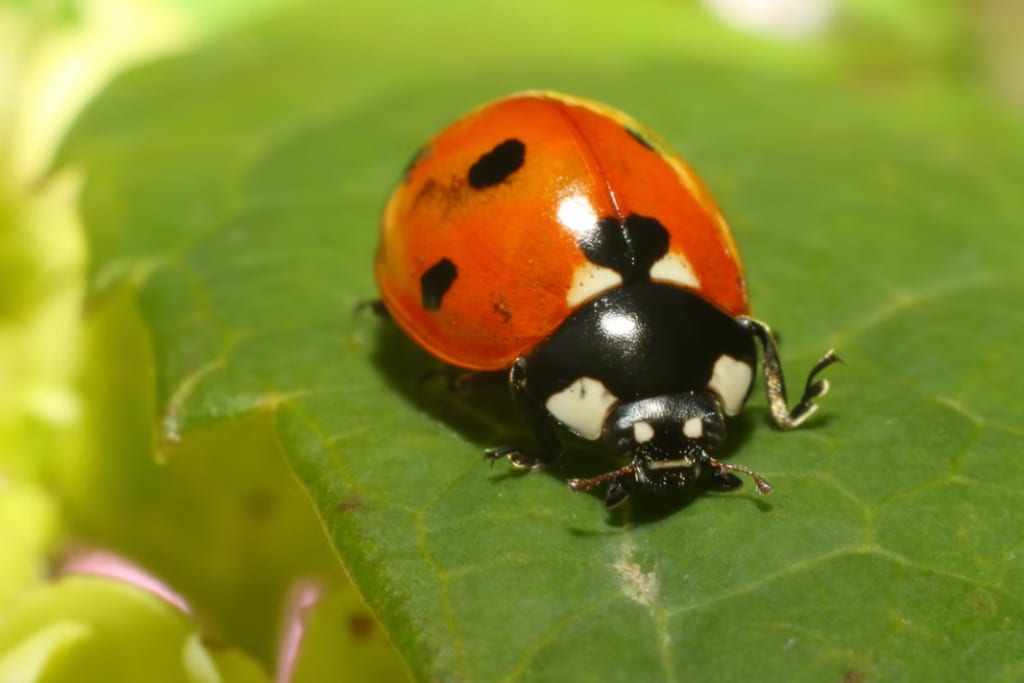
The art of satire lies in the substitution of scenes that are common to us in everyday life, and subsequently, the effect of satire comes into being. The so-called substitution is nothing more than a swap between subject and object. The normal theory is that a person is sunbathing, but if the sun is sunbathing, many people will be shocked, and the basis of their shock is that their daily delightful scenes have changed, and no one can resist this visual impact. Therefore, satire is a plus at this time.
The movie we recommend to you today depicts a very psychedelic scene. In this psychedelic scene, we seem to peek out a theme, which is addiction. David Cronenberg has successfully shown addiction in a psychedelic way, in a way that we can call subject-object pairing, and this film is "Naked Lunch", a magical reality film.
Naked Lunch" is about the daily life of an insecticide, because the job is mainly dealing with insecticides and various insects, the daily life of an insecticide can be described as dull and monotonous. After a certain work mistake, the insect killer begins his magical journey. He wants his wife to get rid of the reality of her predicament, and after seeking help from a doctor, he finds that life is full of traps. The insect killer who likes to write novels finds his typewriter is a big bug that can talk, and under the guidance of this bug, he kills his wife and is forced to start an escape.
On the way to escape, the bug killer keeps meeting strange people and keeps seeing strange things. Everything, in reality, can turn into strange bugs, all of which the bug killer cannot understand, and at the same time cannot understand whether the world is made up of people or built by bugs. In the depression and incomprehension, the bug killer wants to escape, and on the way to escape, he sees the continuation of the previous tragic situation.
To understand what "Naked Lunch" is about, we must first understand David Cronenberg's position on the main theme of the film. Admittedly, it is a film with a clear thematic core. One of the central points the film is trying to make is addiction. The addition to the pest killer lies in his obsession with his job, while the addition to the "bugs" lies in the antibodies to the pesticides inhaled over time. This is a very obvious hint. Let's follow this hint the film's story intention is very simple.
The essence of irony lies in the reconciliation of subject and object, and the pest killer in this film actually plays the role of a judge, who is involved in a certain role, but still has multiple identities, so that the audience can follow the pest killer's line of sight to see the problems that exist. The insecticide's wife is an addict, of course, we can see the analogy of the wife as a person addicted to insecticide, but at the same time, the wife's current situation is ironic only insecticide. I think many viewers will know what the series of consistent actions point to when the pesticide killer and his wife are smoking pesticides.
The wife of the insecticide, insecticide is medicine, medicine will always cause harm to the body, the wife in the face of this harm can stop to carefully weigh? It seems not. When the pesticide killer's wife decides to take the pesticide, she is objectively ignoring the harm. In this regard, can we draw an analogy to the fact that it is only insecticides that can cause such harm in life?
The bugs that should have been killed by the insecticide, but at this moment have human intelligence, they have constructed a magical world, and in this world to regulate human behavior, the insecticide seems to be the dominant person when he chose to experience this "insecticide" with his wife, has become The bugs are the servants of the bugs.
The next time the insecticide sees a magical world, it is self-explanatory what this magic represents. Humans use a variety of drugs to get rid of diseases and disasters. More often than not, however, people's dependence on drugs has grown stronger. When insecticides no longer play a decisive role for the bugs, the only way humans think of them is to constantly increase the dose of drugs. Just to give his wife a break from this addictive condition, the insecticide begged the pharmacy from a famous doctor to increase the dose of one drug. This is a very obvious illustration, and what is the result of this? The bugs developed resistance to the drug. Any positive change didn't happen.
The world after addiction is insane, as bug killers have proven with their practice. Humans are like humans in a bug world, and bugs are like bugs in a human world, and once such worlds are aligned, we see everything upside down. What can addicts see when they face such a world? Can they be freed from such a world? The answer is no, the insect killer seems to escape from such a world and seems to have successfully left such a world, but at the end of the film, the creator wakes up the audience with a smack, the so-called escape of the insect killer is just a continuation of the previous painful memories.
David Cronenberg uses a non-realistic display of meaning to give the audience a sober understanding of addiction. In the end, how to choose life after addiction, I believe that everyone has a different experience and will naturally have a different answer. However, the harsh reality is not always what you want it to be.






Comments
There are no comments for this story
Be the first to respond and start the conversation.